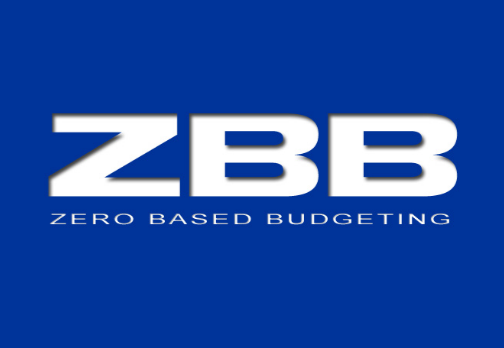
What is Zero-Based Budgeting?
The idea of zero-based budgeting was introduced in the year 1960. The concept was initially used for government and business organizations. It is the budget planning procedure for the revolution of the organization’s program and expenditures.
Zero based budget definition
What is zero-based budgeting?
In management accounting, zero-based budgeting refers to preparing a budget from the base of zero-level. It indicates reevaluating each line item of the cash flow report and assessing all the expenditure that will be earned by the department.
Therefore, the definition of zero-based budgeting refers to a specific way of budgeting where the entire expense for a new term is calculated upon the real base of the actual expense that is to be earned and not gained by the incremental way since it involves the enhancement of expenses earned in the previous year with the fixed rate. In this method, each activity is required to be evaluated with the explanation that every cost should cause for the company.
Unlike the previous method of budgeting following the tradition for past trend or past sale/expenditure to be continued, the basic thing of zero-based budgeting is the idea that no balance should be there to be carried forward. Moreover, there will be no pre-committed expenses. In exact words, zero-based budgeting is the method of preparing the budget for the level of zero bases. This budget system lays the entire emphasis on recognizing the task and accordingly funding its expenses no matter what is the current expenditure scenario or structure. Zero-based budgeting is a budgeting method to planning and decision-making that reverses the working process of traditional budgeting.
Disadvantages of Zero-based Budgeting
- It is more time-consuming than incremental budgeting.
- Under Zero-based budgeting, it is difficult to rank different types of activities and qualitative benefits.
- It is difficult for management to react to the unprecedented opportunities and risks because of inflexible budgeting process.
- It stresses on short-term benefits to determine long-term goals.